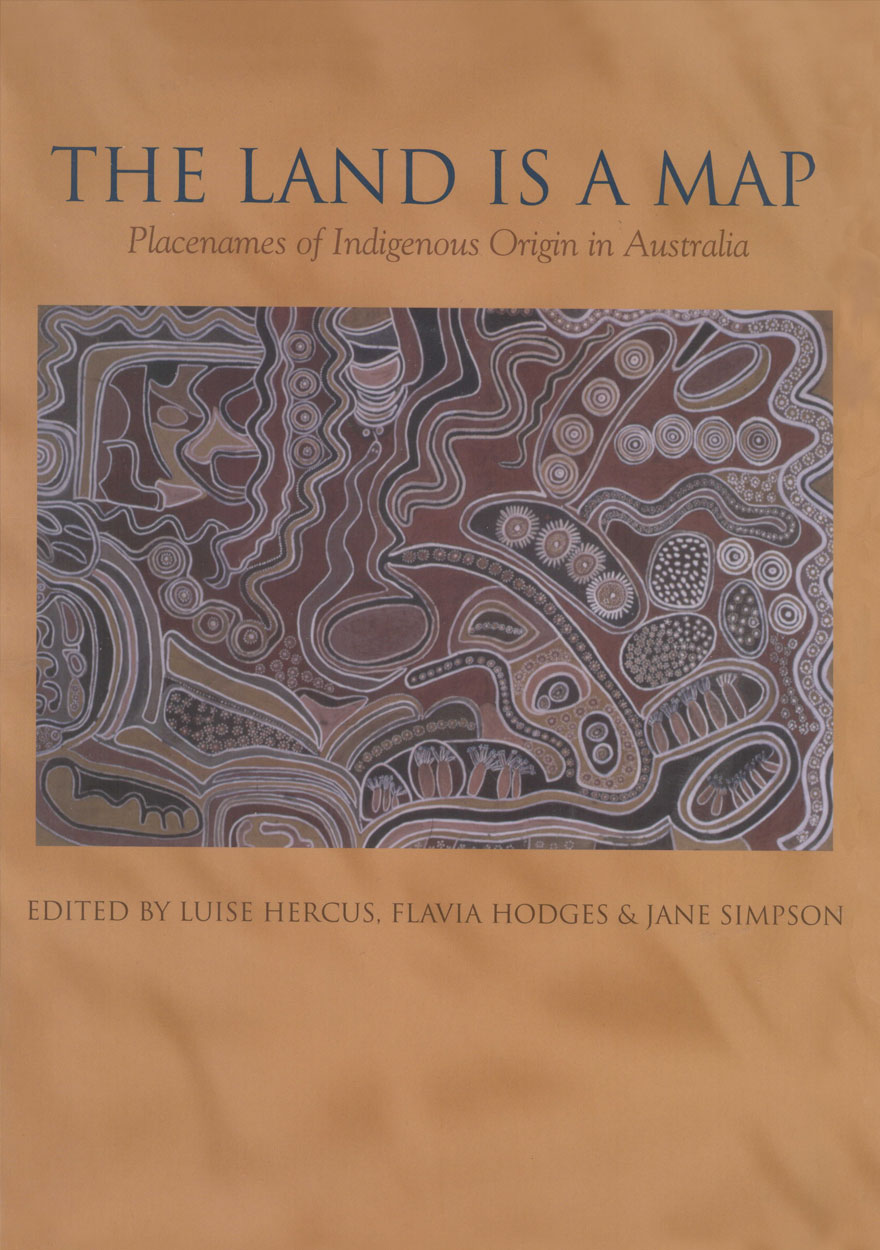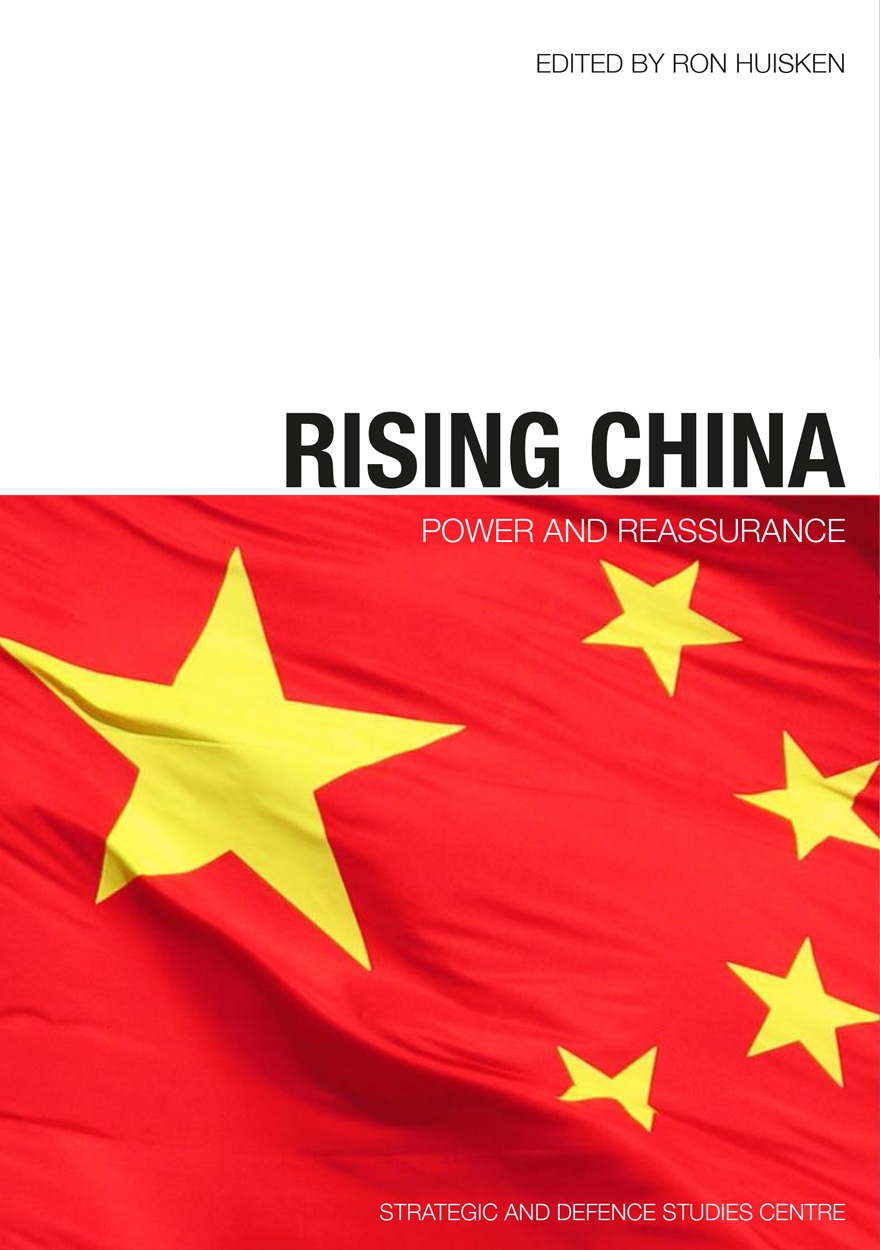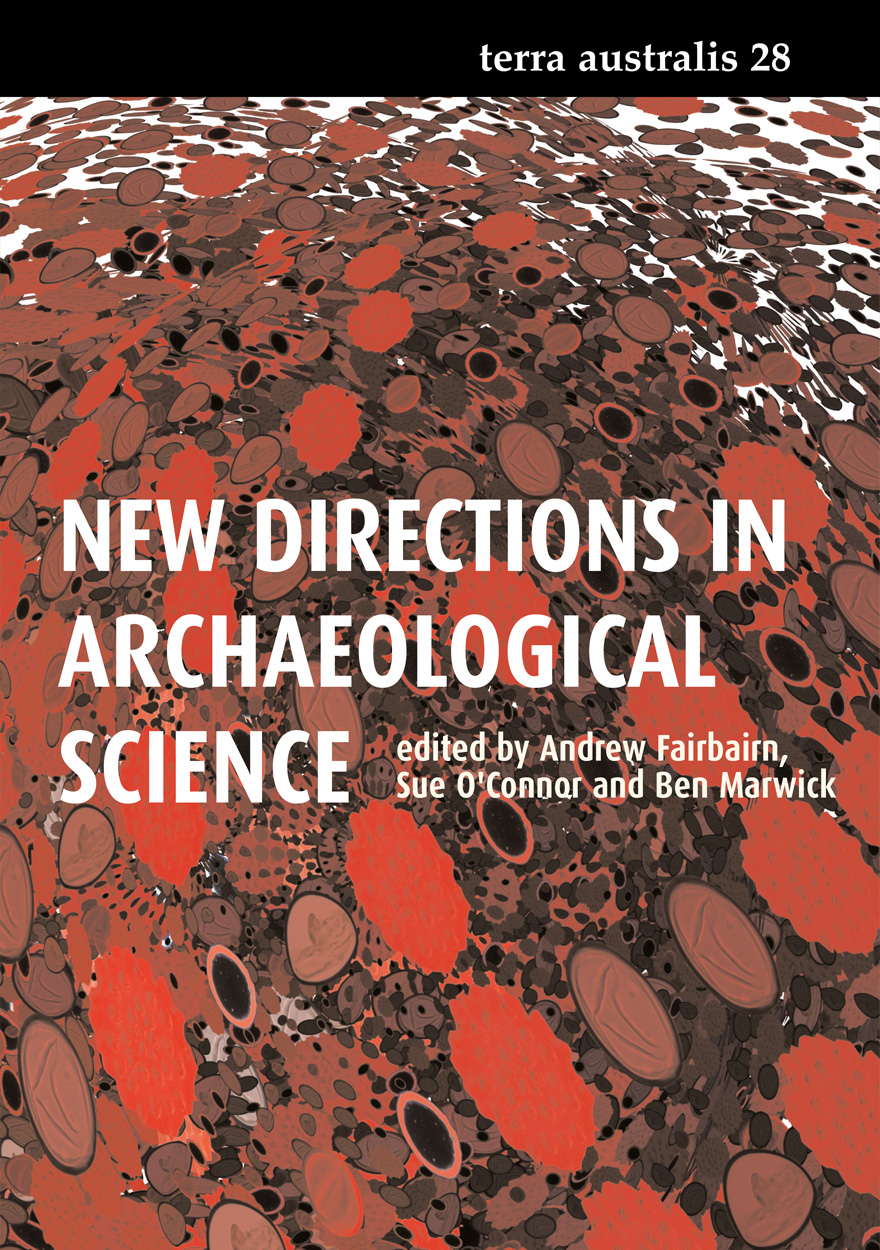Search titles
Displaying results 891 to 900 of 1137.

Agenda - A Journal of Policy Analysis and Reform: Volume 16, Number 1, 2009 »
Edited by: William Coleman
Publication date: April 2009
Agenda is a refereed, ECONLIT-indexed and RePEc-listed journal of the College of Business and Economics, The Australian National University. Launched in 1994, Agenda provides a forum for debate on public policy, mainly (but not exclusively) in Australia and New Zealand. It deals largely with economic issues but gives space to social and legal policy and also to the moral and philosophical foundations and implications of policy.
Subscribe to the Agenda Alerting service if you wish to be advised on forthcoming or new issues.
Download for free
Not available for purchase

The 2006 Military Takeover in Fiji »
A Coup to End All Coups?
Publication date: April 2009
This book explores the factors behind – and the implications of – the 2006 coup. It brings together contributions from leading scholars, local personalities, civil society activists, union leaders, journalists, lawyers, soldiers and politicians – including deposed Prime Ministers Laisenia Qarase and Mahendra Chaudhry. The 2006 Military Takeover in Fiji: A Coup to End All Coups? is essential reading for those with an interest in the contemporary history of Fiji, politics in deeply divided societies, or in military intervention in civilian politics.

Howard's Long March »
The Strategic Depiction of China in Howard Government Policy, 1996–2006
Authored by: Roy Campbell McDowall
Publication date: March 2009
Australia’s strategic depiction of China has assumed increased importance as it attempts to harmonise economic interests (focusing on China) with security interests (primarily the United States). In this period of strategic transition, how Australia incorporates the rise of China into its existing security commitment under ANZUS has become a delicate issue. This investigation follows the intriguing evolution of the Howard Government’s depictions of China, and reveals a complex and calculated strategy that successfully transformed a potentially volatile conflict of interests into a functional foreign policy.

The Land is a Map »
Placenames of Indigenous Origin in Australia
Edited by: Luise Hercus, Flavia Hodges, Jane Simpson
Publication date: March 2009
The entire Australian continent was once covered with networks of Indigenous placenames. These names often evoke important information about features of the environment and their place in Indigenous systems of knowledge. On the other hand, placenames assigned by European settlers and officials are largely arbitrary, except for occasional descriptive labels such as ‘river, lake, mountain’. They typically commemorate people, or unrelated places in the Northern hemisphere.
In areas where Indigenous societies remain relatively intact, thousands of Indigenous placenames are used, but have no official recognition. Little is known about principles of forming and bestowing Indigenous placenames. Still less is known about any variation in principles of placename bestowal found in different Indigenous groups. While many Indigenous placenames have been taken into the official placename system, they are often given to different features from those to which they originally applied. In the process, they have been cut off from any understanding of their original meanings. Attempts are now being made to ensure that additions of Indigenous placenames to the system of official placenames more accurately reflect the traditions they come from.
The eighteen chapters in this book range across all of these issues. The contributors (linguistics, historians and anthropologists) bring a wide range of different experiences, both academic and practical, to their contributions. The book promises to be a standard reference work on Indigenous placenames in Australia for many years to come.

Humanities Research: Volume XV. No. 1. 2009 »
Diversity, Integration and Citizenship
Edited by: Adam Berryman, Kate Mitchell
Publication date: March 2009
Humanities Research is an internationally peer-reviewed journal published by the Research School of Humanities at The Australian National University. The Research School of Humanities came into existence in January 2007 and consists of the Humanities Research Centre, Centre for Cross-Cultural Research, National Europe Centre and Australian National Dictionary Centre. Launched in 1997, issues are thematic with guest editors and address important and timely topics across all branches of the humanities.
Download for free
Not available for purchase

Rising China »
Power and Reassurance
Edited by: Ron Huisken
Publication date: March 2009
Asia looks and feels very different now compared to the days of the Cold War. The sense that Asia now works differently can be traced to a single source – the re-emergence of China. China was the dominant power in greater Asia for most of recorded history. This historical norm was interrupted from the early 19th century, too far into the past to be recognisable and readily accommodated by the actors in today’s international arena. A powerful China feels new and unfamiliar.
Arriving peacefully at mutually acceptable relationships of power and influence that are very different from those that have prevailed for the past half century will be a demanding process. The world’s track record on challenges of this kind is not terrific. It will call for statesmanship of a consistently high order from all the major players, and building the strongest possible confidence among these players that there are no hidden agendas.

New Directions in Archaeological Science »
Edited by: Andrew Fairbairn, Sue O'Connor, Ben Marwick
Publication date: February 2009
Archaeological Science meetings will have a personality of their own depending on the focus of the host archaeological fraternity itself. The 8th Australasian Archaeometry meeting follows this pattern but underlying the regional emphasis is the continuing concern for the processes of change in the landscape that simultaneously effect and illuminate the archaeological record. These are universal themes for any archaeological research with the increasing employment of science-based studies proving to be a key to understanding the place of humans as subjects and agents of change over time.
This collection of refereed papers covers the thematic fields of geoarchaeology, archaeobotany, materials analysis and chronometry, with particular emphasis on the first two. The editors Andrew Fairbairn, Sue O’Connor and Ben Marwick outline the special value of these contributions in the introduction. The international nature of archaeological science will mean that the advances set out in these papers will find a receptive audience among many archaeologists elsewhere. There is no doubt that the story that Australasian archaeology has to tell has been copiously enriched by incorporating a widening net of advanced science-based studies. This has brought attention to the nature of the environment as a human artefact, a fact now more widely appreciated, and archaeology deals with these artefacts, among others, in this way in this publication.

Humanities Research Journal Series: Volume IX. No. 1. 2002 »
Publication date: January 2009
Humanities Research is an internationally peer-reviewed journal published by the Research School of Humanities at The Australian National University. The Research School of Humanities came into existence in January 2007 and consists of the Humanities Research Centre, Centre for Cross-Cultural Research, National Europe Centre and Australian National Dictionary Centre. Launched in 1997, issues are thematic with guest editors and address important and timely topics across all branches of the humanities.
Download for free
Not available for purchase

Humanities Research Journal Series: Volume VIII. No. 1. 2001 »
Publication date: January 2009
Humanities Research is an internationally peer-reviewed journal published by the Research School of Humanities at The Australian National University. The Research School of Humanities came into existence in January 2007 and consists of the Humanities Research Centre, Centre for Cross-Cultural Research, National Europe Centre and Australian National Dictionary Centre. Launched in 1997, issues are thematic with guest editors and address important and timely topics across all branches of the humanities.
Download for free
Not available for purchase

Humanities Research: Volume XI. No. 1. 2004 »
Publication date: January 2009
Humanities Research is an internationally peer-reviewed journal published by the Research School of Humanities at The Australian National University. The Research School of Humanities came into existence in January 2007 and consists of the Humanities Research Centre, Centre for Cross-Cultural Research, National Europe Centre and Australian National Dictionary Centre. Launched in 1997, issues are thematic with guest editors and address important and timely topics across all branches of the humanities.
Download for free
Not available for purchase



